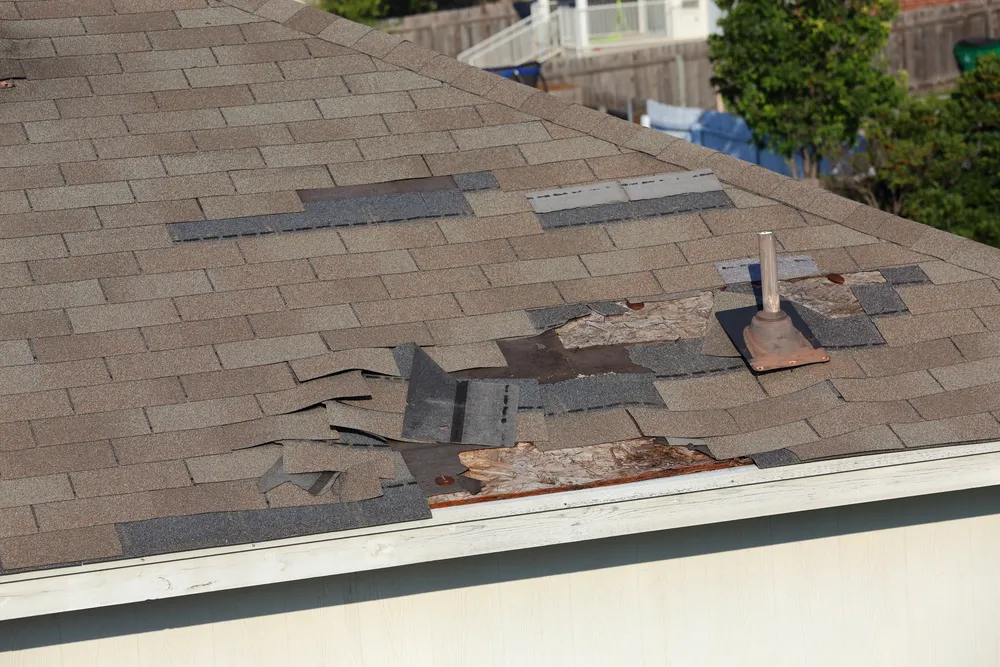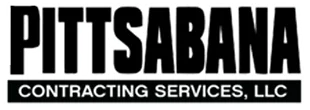When choosing a roof for your home be sure to consider the risk factors to which you will be exposed. Generally today’s shingle roofs come with technical specifications to withstand 90 mph winds, however you can find roofing products available for areas vulnerable to hurricanes and tornadoes that withstand up to 150 mph. The National Oceanic and Atmospheric Administration notes that structural damage to roofs begins at 50 MPH winds.
The air pressure and force exerted on the roof by the suction created by the wind hits the structures and the force of the wind rips shingles and roof panels off of homes or buildings. Not only weather effects affect a shingle roof, but also a poor installation including the quality of the materials and a roof with its useful life already finished or deteriorating due to lack of maintenance. Your roof should be the main preference when choosing the components, since it depends on them the resistance to natural external elements and the durability according to the proper maintenance to which you submit it.
Common damages and risks affecting a roof
The most recurrent damages are those caused by winds and other weather conditions among them we have: missing shingles, lifted shingles, broken shingles, which require immediate repair to avoid water leaks and with them humidity. There are hidden damages that affect the waterproof capacity of the roof caused by the force of the winds that makes the tiles rise and settle causing the adhesive strips that have the tiles as a sealing element between one layer and another to break or separate, also the nails that hold the tiles loosen which causes them to lose their future resistance against strong winds.
The risks affecting a roof are categorized in case of a roof failure by the level of risk to human life such as roofs of: schools, shelter facilities, sports centers, hospitals. And in the case of the position of a building in relation to a nearby structure because the wind can change speed or direction. Other risks manifest themselves in large, open structures where air flows are interrupted, additions to roofs such as sloping panels, extreme and unusual geometric designs, low walls, all affect the direction, elevation and normal flow of winds.
According to the types of roofs that can withstand winds
Asphalt shingles are commonly effective in coping with environmental conditions. Quality asphalt shingles have a resistance of 110 MPH and meet ASTM D3161, Class F and ASTM D7158, Class H standards, the latter resisting winds of 150 MPH.
Metal roofs, despite the noise they cause during storms, stand out for resisting high winds, withstanding wind speeds between 140 and 180 miles per hour.
Stone-coated steel shingle roofs withstand heavy rains and winds up to 120 miles per hour, are economical and ideal for wet, windy and wildfire-prone regions.
Wood shake shingles when properly installed offer high wind resistance up to 245 mph.
Clay and concrete shingles resist natural elements up to 125 miles per hour, require additional supports for their weight and are ideal for hot, dry climates.
What to look for when the roof is damaged
When your roof has been exposed to winds greater than 45 MPH or more, locate through a roofing specialist signs of wind damage such as:
1-Check gutters for granules or part of shingles.
2-Check for missing shingles on the roof, one proof is that you can get shingle debris in the yard or around the house.
3- On a flat roof, wind damage can lift it, tear it and damage the roofing.
4- Large exposure to wind can cause cracks that expose your home to leaks and moisture.
5- If the chimney looks crooked, the seal around the chimney may have been broken, allowing water to enter.
6-External and internal signs such as water stains, lifted paint, discoloration of walls, leaks.
How to act when the roof is damaged
The first thing to do is to inspect the roof and take pictures of any damage you find such as raised shingles, broken seals, water leaks, loose fasteners, most wind damage is covered by homeowner’s policies, call your insurance advisor to initiate the claim process and keep you informed of the steps to take once the insurance company responds.
Look to your trusted builder for advice, support and a quote to professionally and responsibly solve your problem. If you’re in the market for new roofing in Bethel Park PA, turn to Pittsabana Contracting Services LLC. This local roofing company employs team members who are certified by CertainTeed and committed to delivering premium service on every job, from repairing storm-damaged commercial buildings to fully replacing residential roofs. Call (412) 580-6567 to speak with a friendly staff member to schedule service or visit the website to learn more about how they’ll help you.



